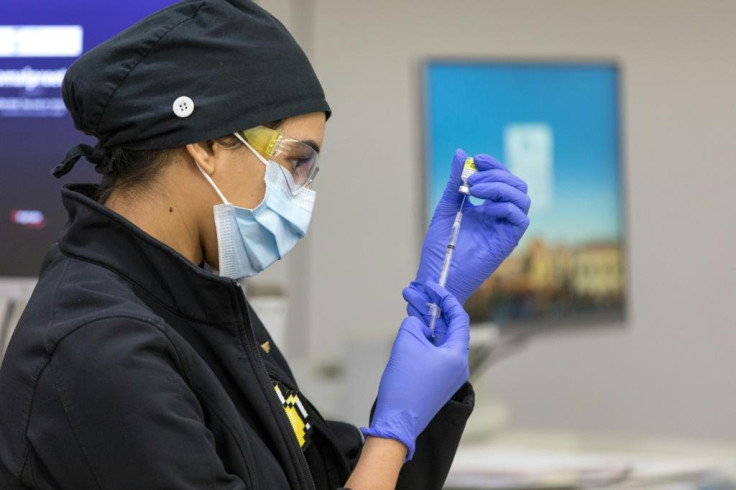A report finds that the healthcare industry is at it's highest risk against cyberattacks than ever before
A report by SailPoint has found that the healthcare industry is more vulnerable to cyberattacks because of being chronically understaffed.
A report by SailPoint shows that 93% of healthcare organisations have been attacked by identity related security breaches.
The report highlights how these breaches have been exacerbated by chronic understaffing to prevent these cyber attacks says Steve Bradford, Senior Vice President EMEA at SailPoint.
The report "the State of Identity Security 2023: A splotlight on Healthcare" reviewed data from 150 IT and IT security decision makers from healthcare organisations globally. The report identifies the most prevalent risks and roadblocks in the industry's security measures.
Organisations outlined the ways in which cyber attacks have affected them, with 41% confirming they experienced compromised accounts, while 36% had revenue losses and 31% reported they had data stolen.

In the report, it also explains how 96% agree that their ability to detect and prevent identity related security breaches needs improvement.
Furthermore, the report revealed 97% have experienced challenges with trying to prevent security breaches. The most common problem companies face is with flexibility in integration of security measures. Nearly half (43%) of organisations struggled with this, while about 42% saying they lack the right skills to implement these security measures.
Another reason outlined in the report is the lack of buy-in from senior employees, with 30% of organisations recognising this is an issue.
Senior Vice President EMEA at SailPoint told Healthcare, "A breach risks serious consequences, not just affecting an organisation's finances and reputation, but also disrupting patients from receiving the vital care and treatment they need."
The vice president further stated that the "Rapid digital transformation and shifts to the cloud in recent years have led to greater value now being placed on identity security in healthcare. With many organisations in the early says of maturity, they are still at risk of attack, and must seek to benefit from the right support and guidance to navigate these challenges effectively."

The report highlights what measures companies already take to protect data. The most common being data encryption which is used by 53% of the organisations who participated in the report. The organisations that use data encryption varies between regions. In Europe it is much more common, given that around 67% of organisations are using data encryption, while in the Americas about 49% of organisations use it.
The report also says 48% of companies only keep the data they need, whilst disposing of data they don't need properly.
In the report concludes by stating "healthcare organisations are being held back from being truly successful with their identity security programs by a range of different areas."
© Copyright IBTimes 2025. All rights reserved.






















